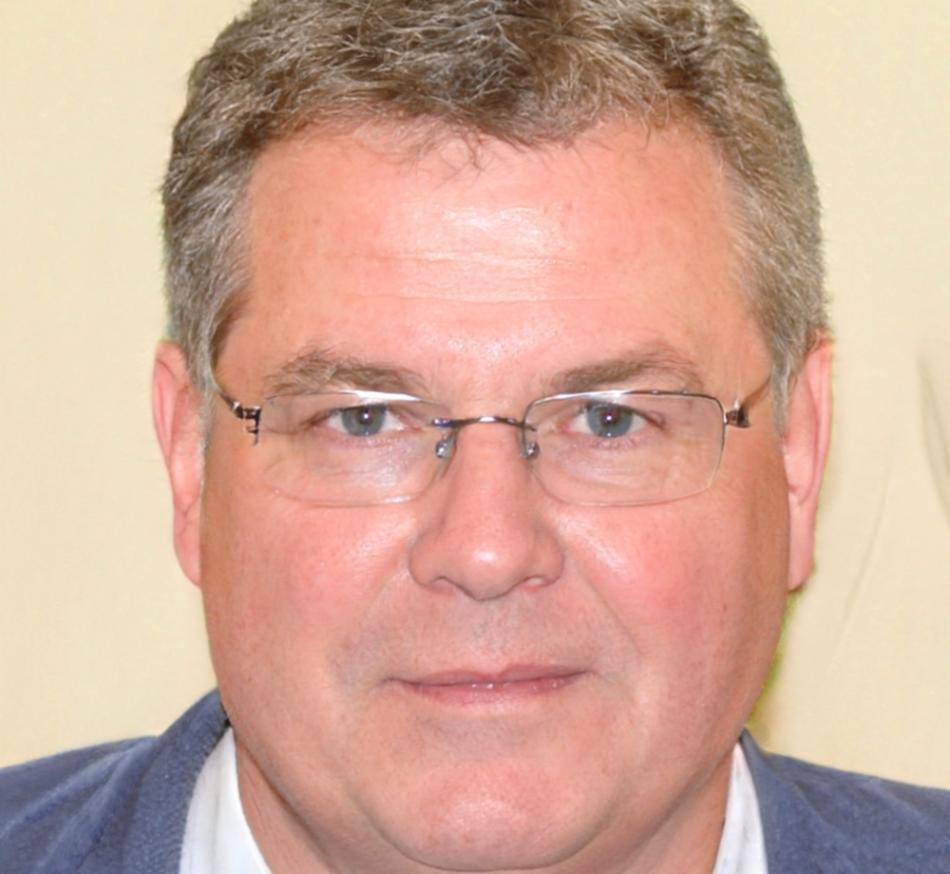Construye Sistemas Financieros que Realmente Funcionan
La mayoría de las personas rastrean gastos. Pocos entienden realmente a dónde va su dinero. Te enseñamos a construir marcos de responsabilidad que transformen tu relación con las finanzas—a partir de septiembre de 2025.
Explora Nuestro Enfoque
Qué Impulsa Nuestra Filosofía de Enseñanza
No creemos en soluciones rápidas ni transformaciones de la noche a la mañana. La responsabilidad financiera es una habilidad que se desarrolla a través de la práctica constante y la autoevaluación honesta.
Plazos Realistas
Nuestros programas duran de 8 a 12 meses porque el cambio de comportamiento significativo requiere tiempo. Desarrollarás hábitos que perduran, no un entusiasmo temporal que se desvanece en febrero.
El Contexto Personal Importa
Los presupuestos genéricos fallan. Te enseñamos a diseñar sistemas de responsabilidad alrededor de tu vida real: tus patrones de ingresos, tus desencadenantes de gastos, tus metas financieras.
Progreso Sobre Perfección
¿Perdiste una semana de seguimiento? ¿Tuviste un gasto imprevisto? Eso es la vida real. Nuestros métodos te ayudan a recuperarte de los contratiempos en lugar de abandonar todo el sistema.
Conceptos Clave que Vale la Pena Entender
Antes de comprometerte con un programa completo, estas ideas fundamentales te dan una idea de cómo abordamos la educación financiera de manera diferente.

Responsabilidad vs. Restricción
Ser responsable no significa negarte todo. Significa tomar decisiones deliberadas y reconocer las compensaciones. ¿Quieres gastar en salir a comer? Está bien, solo sé honesto sobre en qué estás eligiendo no gastar en su lugar.
Tu Sistema de Seguimiento Debe Adaptarse a Ti
Si odias las hojas de cálculo, no te obligues a usar una. Si las aplicaciones se sienten desconectadas, prueba con papel. El mejor sistema es el que usarás consistentemente, incluso si es "ineficiente" según los estándares de alguien más.
La Frecuencia de Revisión Importa
El seguimiento diario puede volverse obsesivo. Las revisiones trimestrales carecen de inmediatez. La mayoría de las personas encuentran que las revisiones semanales son el punto ideal: lo suficientemente frecuentes para detectar problemas temprano, lo suficientemente espaciadas para evitar la ansiedad financiera.
El Contexto lo Cambia Todo
Lo que funciona durante un empleo estable puede fallar durante transiciones de carrera. Los sistemas que funcionan para una vida de soltero necesitan ajustes con pareja. Construye flexibilidad en tu marco de responsabilidad desde el principio.

Rodion Volkov
Instructor Principal
He estado enseñando métodos de responsabilidad financiera desde 2018, y ¿honestamente? La lección más importante que he aprendido es que la mayoría de las personas ya saben lo que deberían hacer. Solo les faltan sistemas que hagan más fácil realmente hacer esas cosas.
Antes de esto, pasé años en finanzas corporativas observando a personas inteligentes tomar decisiones financieras personales consistentemente pobres—no por ignorancia, sino por falta de marcos prácticos. Esa desconexión me llevó a desarrollar métodos de enseñanza enfocados en la implementación sobre la teoría.
Nuestra próxima cohorte comienza en otoño de 2025. Los tamaños de las clases se mantienen pequeños deliberadamente—generalmente de 12 a 15 participantes—porque este tipo de aprendizaje se beneficia de la discusión en grupo y las experiencias compartidas. Si estás considerando unirte, contáctame con preguntas. Respondo personalmente a cada consulta.
Ponte en Contacto